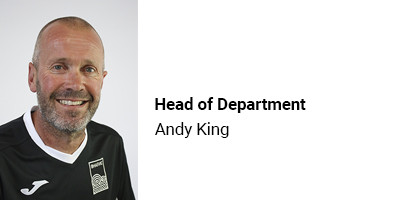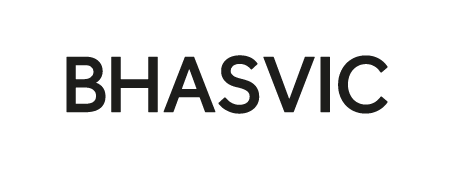Physical Education A Level
Qualification: GCE A Level in Physical Education
Exam Board & Specification Code: OCR; H555; Specification
Course Entry Requirements: 4 in English Language GCSE and 4 in Science GCSE and 6 in Physical Education GCSE (if taken). Club-level standard practical performance within one selected sporting activity.
Please make sure that you have understood the overall entry requirements to study at BHASVIC. These are available here and outline the GCSE grades you need to take up one of the Study Programmes at the college.
Length and size of qualification: 2 year single course
Timetable hours: 4.5 hours per week
Assessment method: 3 written exams (Physiology – 2.5hrs, Psychology – 1hr, Sociology 1hr), 1 oral exam plus 1 selected practical activity competition performance assessment
BHASVIC Department: Sport, Health & Exercise Science
What will I study?
Physical Education (PE) isn't just about sport, it is about developing a knowledge of the impact sport can have on health, well-being and the human body. Areas studied are applied anatomy and physiology, exercise physiology, biomechanics, skill acquisition, sports psychology, sport and society and contemporary issues in physical activity and sport. This course will be assessed via three written exam assessments at the end of the second year to cover all of the modules taught, specifically physiological, psychological and sociological aspects affecting sporting performance. These written assessments make up 70% of the final grade. Practically you will be assessed in one selected sporting activity, alongside an oral analysis of sporting activity performance. Both the oral assessment and the practical assessment combine to complete the remaining 30% of the final grade.
Is this course right for me?
To study this subject you need to be a keen, regular club-level sportsperson who has an interest in the theoretical content of sport as the subject covers a wide range of these concepts.
Where next?
Whilst studying a Physical Education A Level you will learn a range of skills that will help you in your future career, for example, teamwork, resilience, competitive spirit, social, communication and analytical skills. Physical Education lends itself to a range of careers in sports and fitness as well as other industries, for example, nutrition, physiotherapy and chiropractic practice. Some careers that you could consider doing with PE include: Sports Scientist, PE teacher, Physiotherapist, Professional Sportsperson, Sports Coach/Consultant, Sports Policy Adviser at local and national level, Diet and Fitness Instructor and Personal Trainer. Useful sites include Careers in Sport, Prospects, BASES, All About Careers and The Apprenticeship Guide.
Apply View Department